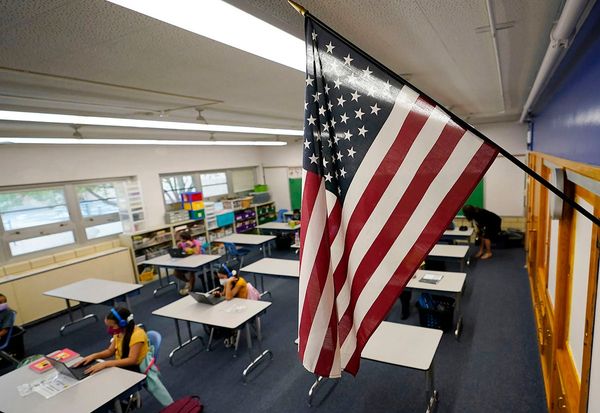WASHINGTON _ Congress is sending $1.7 billion to the storm-ravaged Carolinas.
The Senate Wednesday overwhelming approved legislation granting North Carolina's request for $1.14 billion and South Carolina's request for $540 million. The House passed the same bill last week, and now the measure heads to President Donald Trump for his signature.
This is the first influx of federal funding lawmakers on Capitol Hill have expressly designated for long-term recovery efforts after Hurricane Florence _ and it won't be the last.
Sen. Richard Burr, R-N.C., told McClatchy the federal government would "absolutely" have to approve more money in the future to address the mass devastation in his state and in South Carolina from last month's storm.
He couldn't, however, predict when the states would need more money, or the final price tag.
Hurricane Florence caused record flooding and damaging winds, displacing thousands and killing 50 people so far in North Carolina, South Carolina and Virginia, which also felt some of the brunt of the storm. The devastation is still being assessed.
Burr said the "best guess" for how much North Carolina would need is roughly $2.8 billion, or double what it received from the federal government after Hurricane Matthew in 2015.
Sen. Tim Scott, R-S.C., in a statement called the money Congress approved Wednesday an "important step" in the state's recovery.
For now, the Carolinas have sufficient resources.
When the storm began, the Federal Emergency Management Agency had $25 billion for short-term recovery efforts. Once Florence had passed, elected officials in both states requested "down payments" in existing funding through the Community Development Block Grant Disaster Relief Program.
This money, which will go towards long term efforts to rebuild houses and repair infrastructure, was what Congress approved on Wednesday as part of a bill setting policy for the Federal Aviation Administration.
More long-term, or "emergency," funding is likely to be needed later. Such aid is typically not paid for with corresponding cuts to other federal programs or higher taxes, making it a tough sell for fiscal conservatives in Congress from unaffected states.
In the immediate aftermath of the storm, however, Republican leaders and Trump went on record promising to give the states whatever officials said is needed, perhaps in order to dispel anxiety that partisan squabbling could make it difficult to free up the money before the midterm elections.







